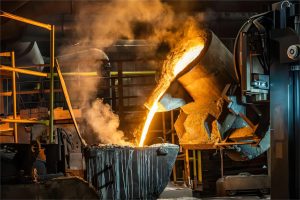
Stainless steel metal is formed by melting raw materials such as nickel, iron ore, chromium, silicon and molybdenum. Stainless steel metal contains a variety of basic chemical elements that, when fused together, form a powerful alloy.

Usually,stainless steels contain Iron (Fe), Chrome (Cr), Carbon (C), Silicon (Si), Manganese (Mn) and Nickel (Ni).
Depending on the grade of stainless steel, chromium (Cr), carbon (C), nickel (Ni), molybdenum (Mo), silicon (Si), manganese (Mn), copper (Cu), titanium (Ti), sulfur (S), niobium (Nb) and other elements are also added or removed.
The following table detail the different components of stainless steel and how they affect stainless steel.
| Elements | Elemental role and features | |
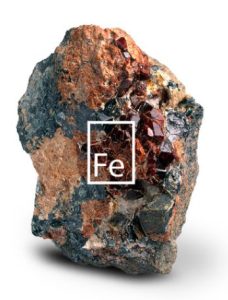 |
Iron (Fe) | Iron is the basic element of steel |
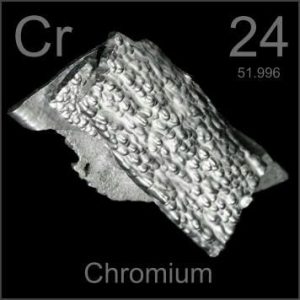 |
Chrome (Cr) | The main element that determines the performance of stainless steel and enhances corrosion resistance, hardness, and toughness |
2-5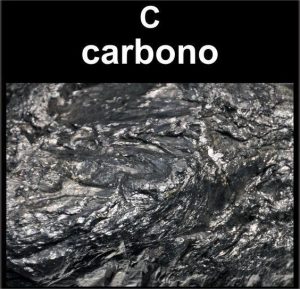 |
Carbon (C) | Improve strength, hardness and wear resistance, but the more carbon content, the worse the plasticity, weldability and corrosion of stainless steel |
2-6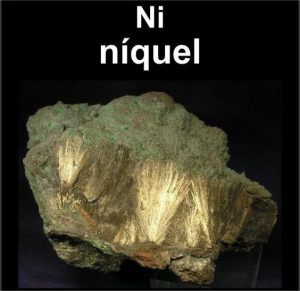 |
النيكل (ني) | An important element in the formation of austenite at a high price. Together with chromium, it can significantly improve the corrosion resistance of stainless steel |
2-7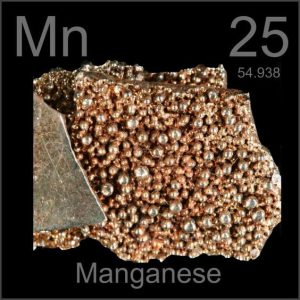 |
المنجنيز (Mn) | Manganese and nitrogen can replace nickel in chromium-nickel stainless steel,It reduces the critical quenching rate of the steel and increases the stability of austenite during cooling |
2-8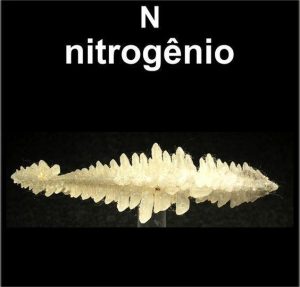 |
Nitrogen(N) | Manganese and nitrogen can replace nickel in chromium-nickel stainless steel,Can significantly improve the strength of the steel. However, the age-Cracking of stainless steel has a greater impact, so the nitrogen content should be strictly controlled in the stainless steel for stamping purposes. |
| 2-9 |
Silicon (Si) | Formation of ferrite elements, in general stainless steel for the commonly existing impurity elements |
2-10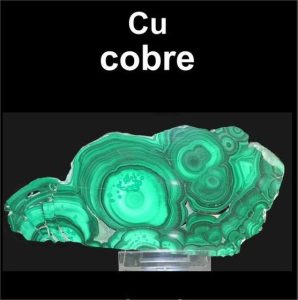 |
النحاس (النحاس) | Enhance corrosion resistance and wear resistance, the higher the copper content, the softer the material the better the stretching |
2-11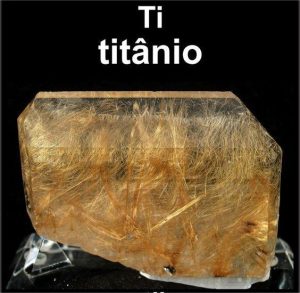
|
Titanium (Ti)、Niobium (Nb) | Can improve the steel’s resistance to intergranular corrosion. However, titanium carbide has a negative impact on the surface quality of stainless steel, so in the surface requirements of stainless steel generally through the addition of niobium to improve performance. |
2-12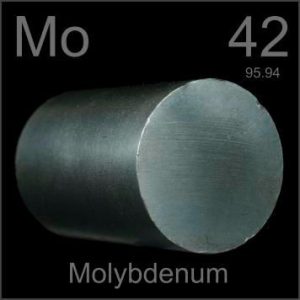 |
Molybdenum (Mo) | Enhances strength, hardness, hardenability and toughness, improves machinability and corrosion resistance |
2-13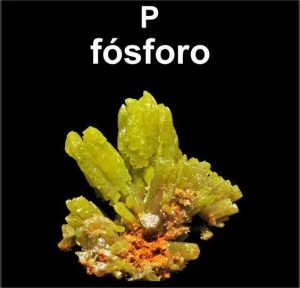 |
Phosphorus(P) | Impurity elements, affecting corrosion resistance and stamping |
2-14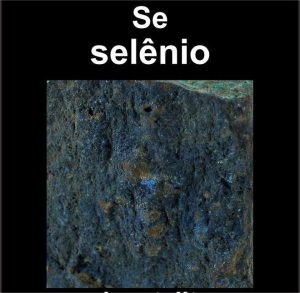
|
Sulfur (S)、Selenium (Se) | Impurity elements, they reduce the toughness of stainless steel, appropriate addition can improve the cutting performance |

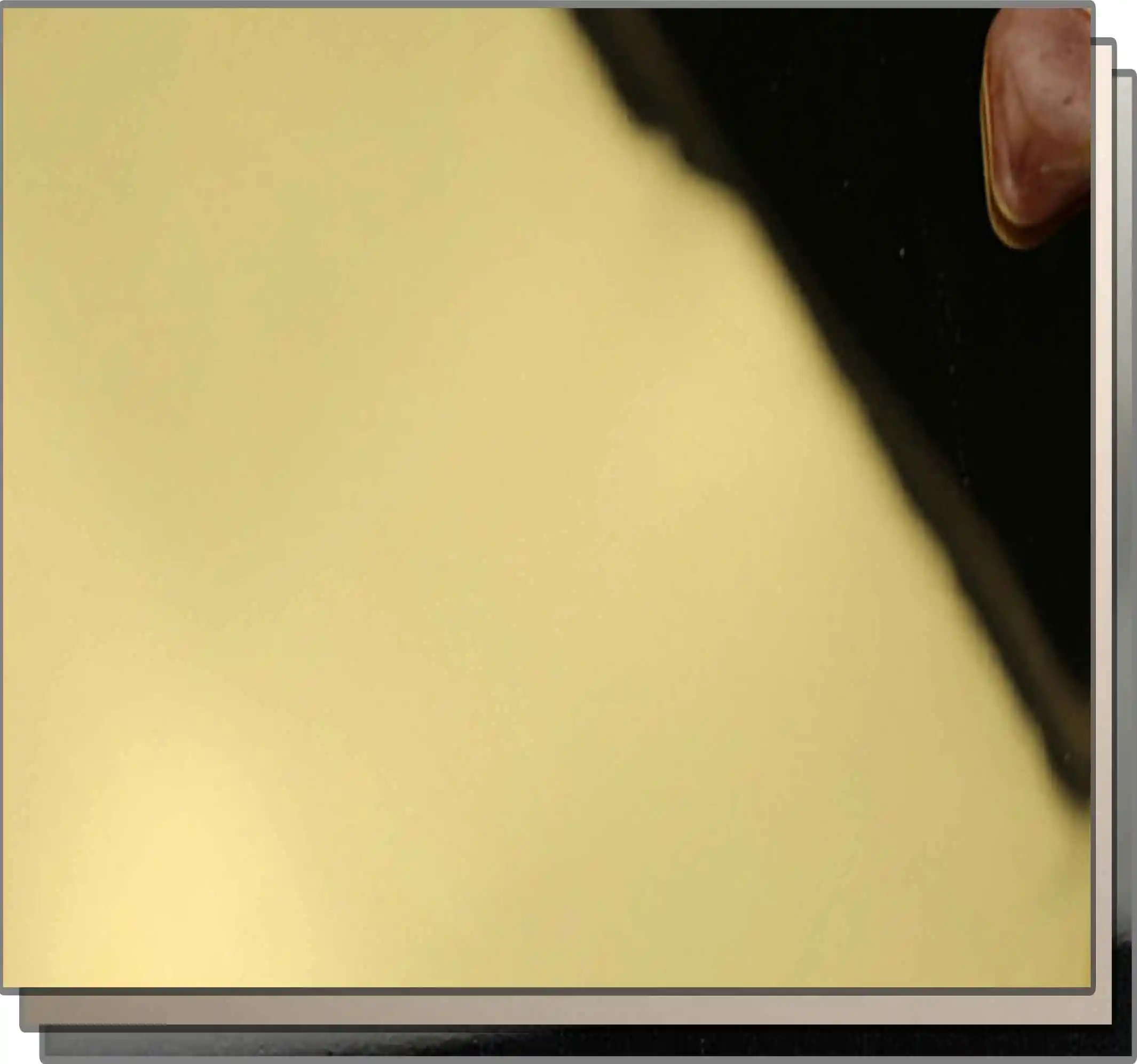
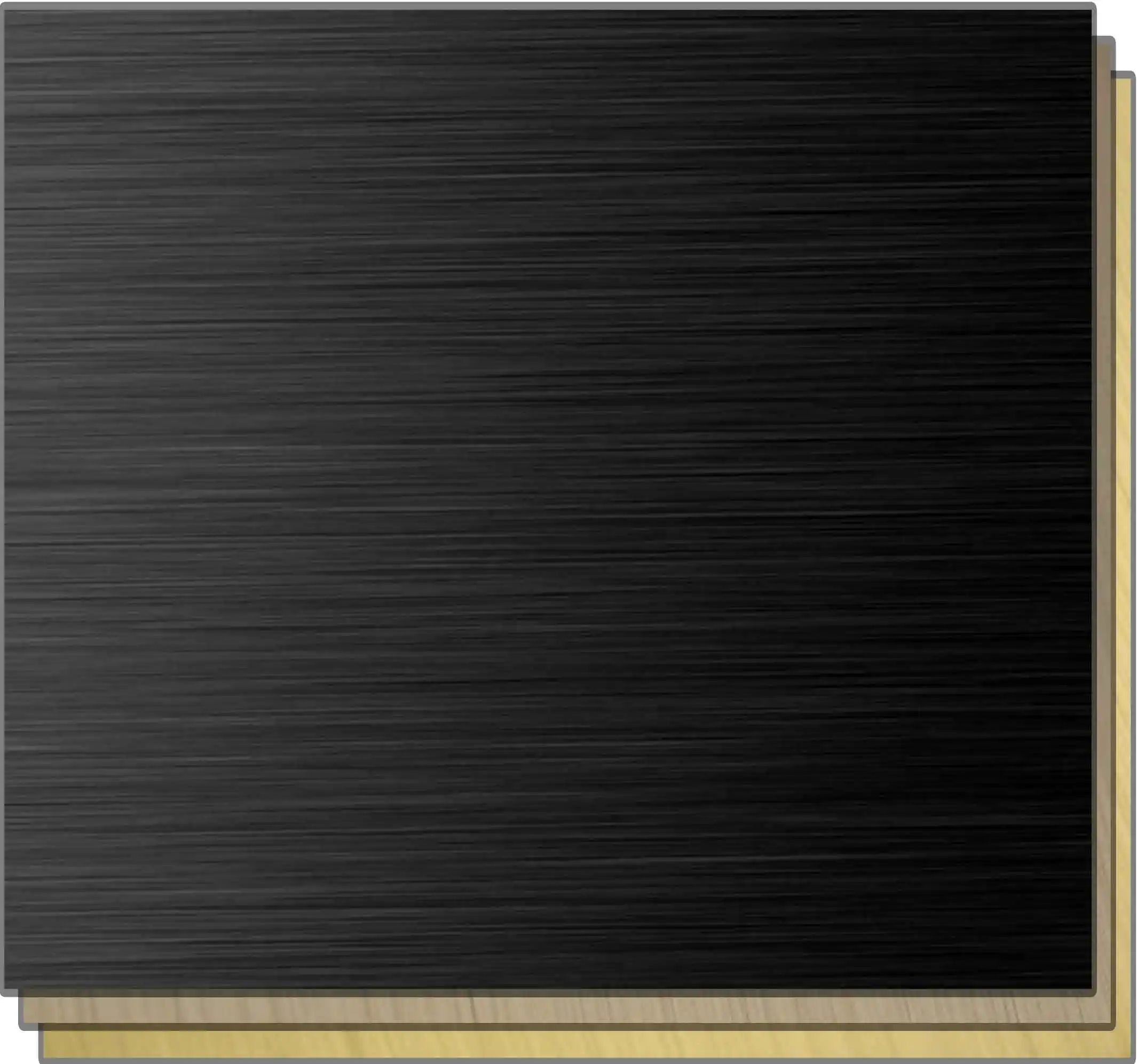
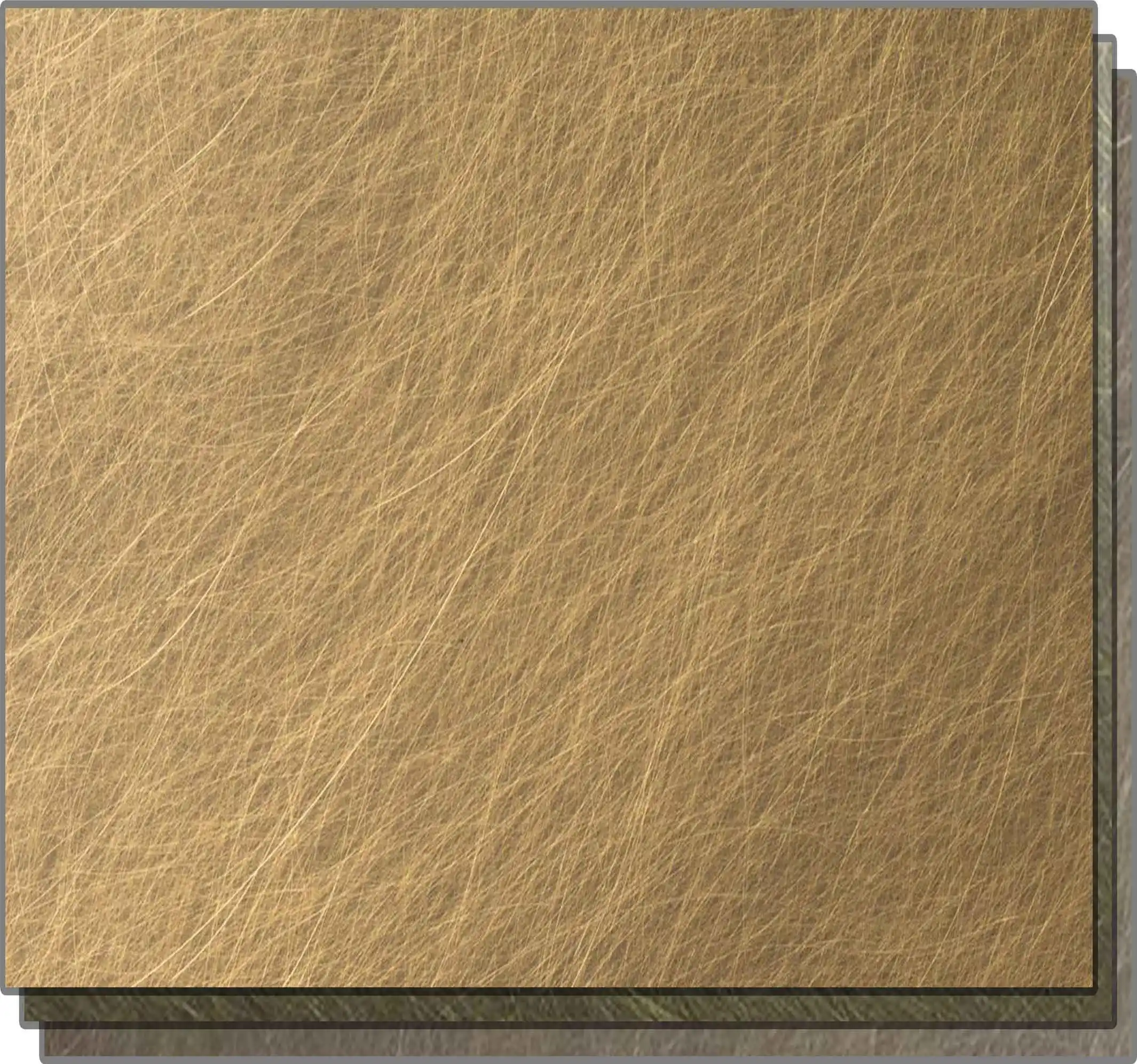
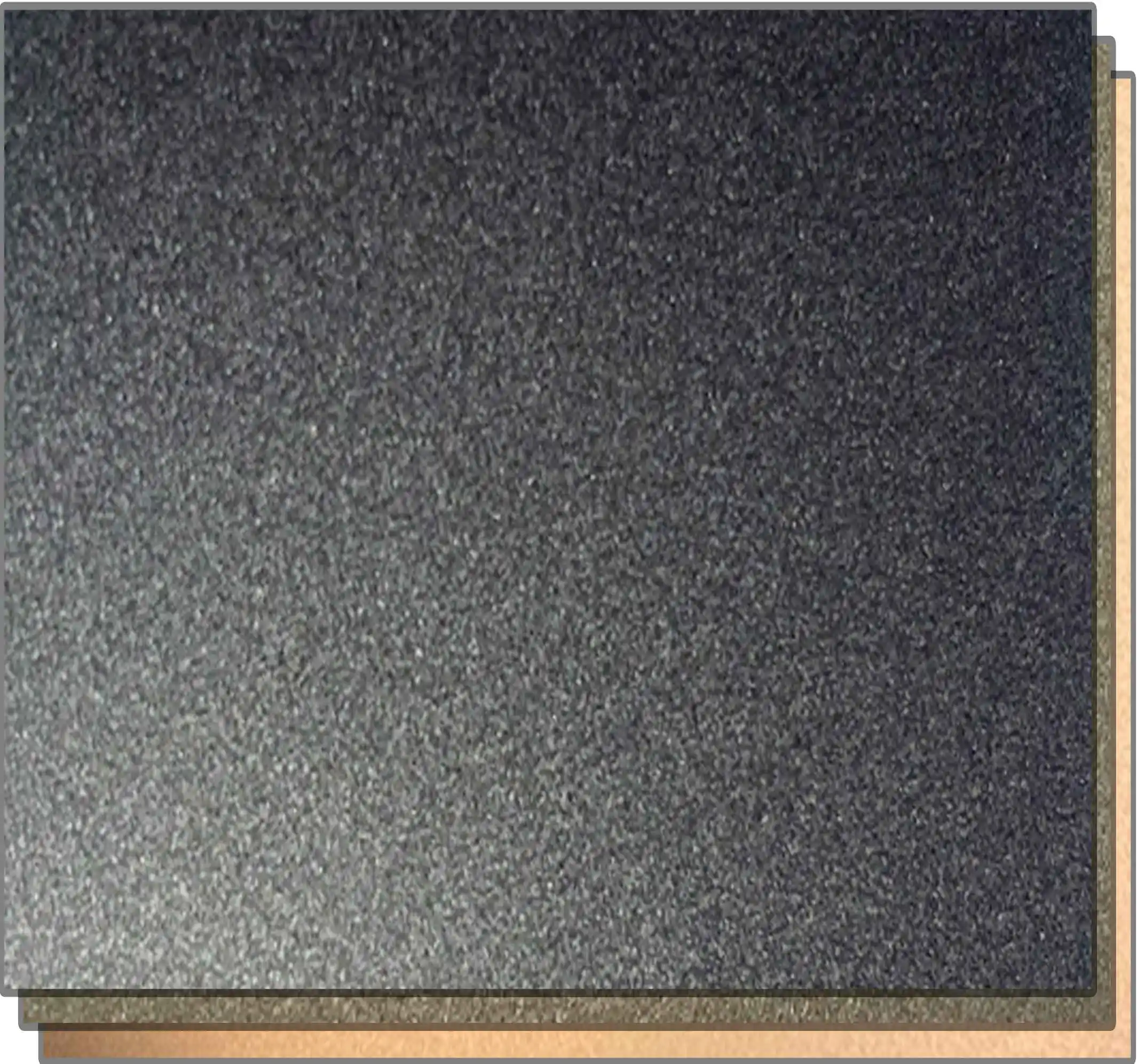
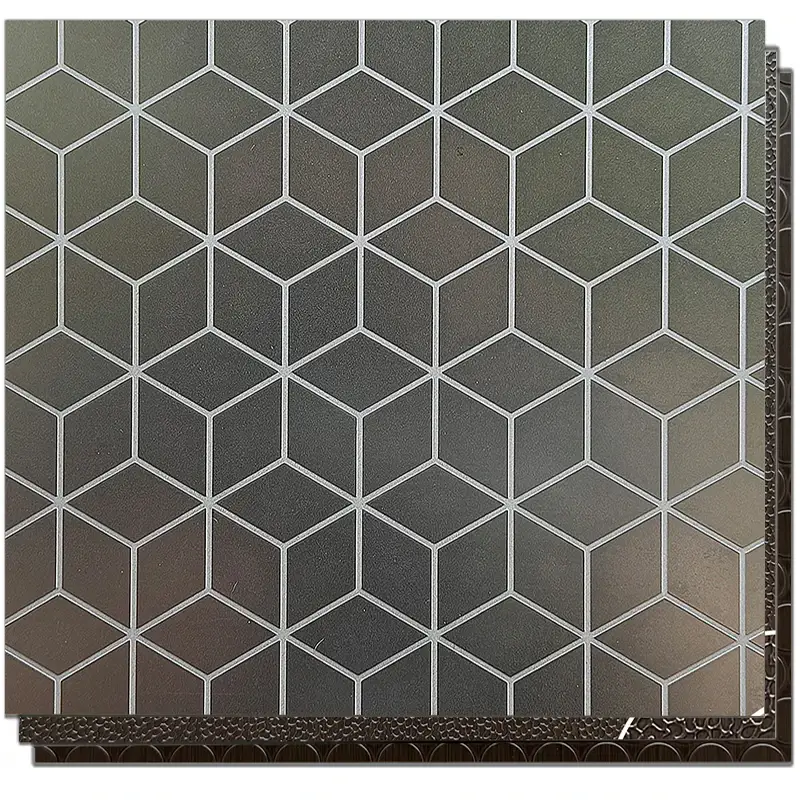
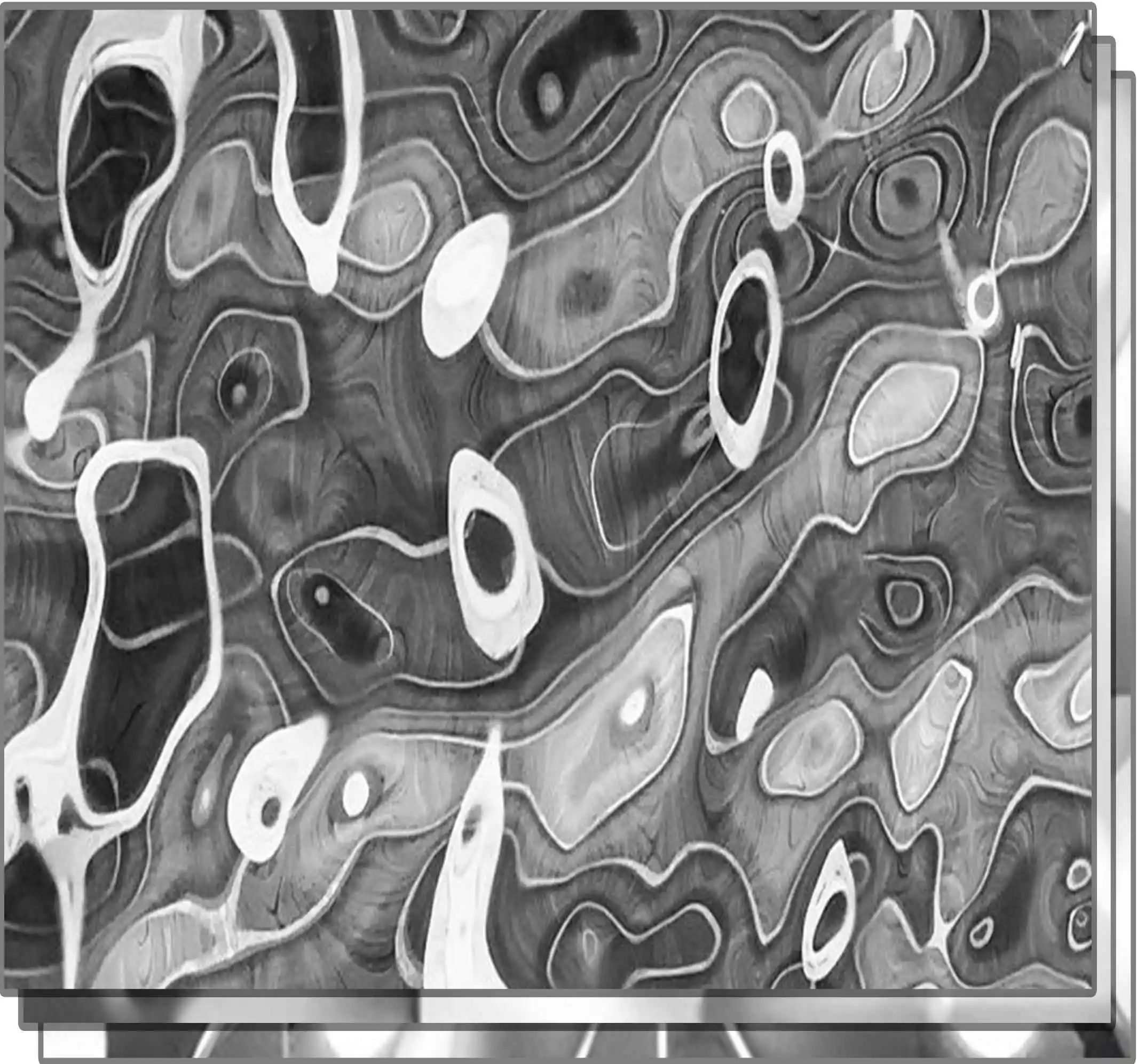
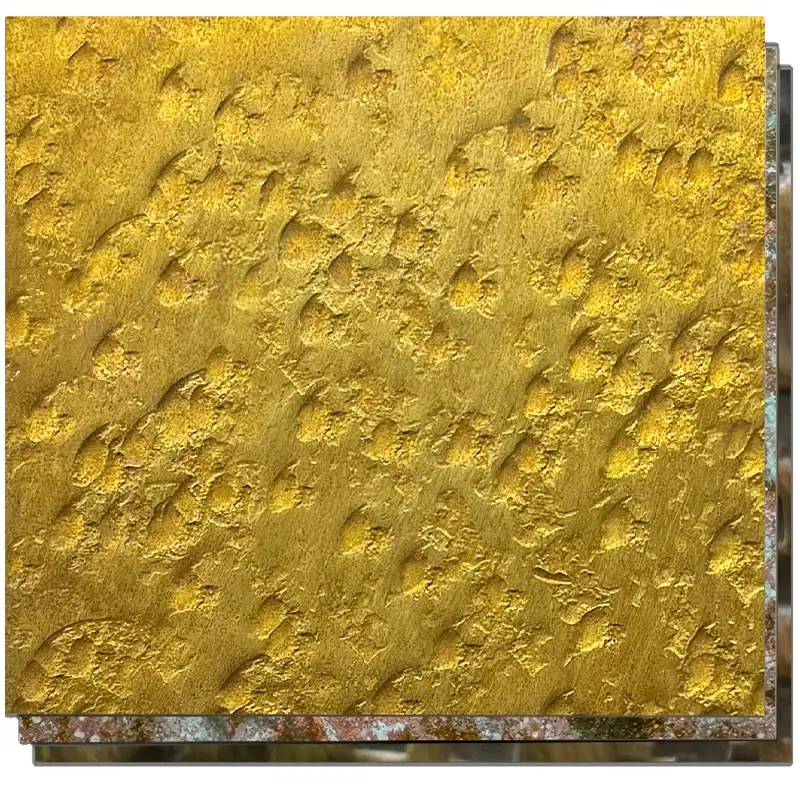
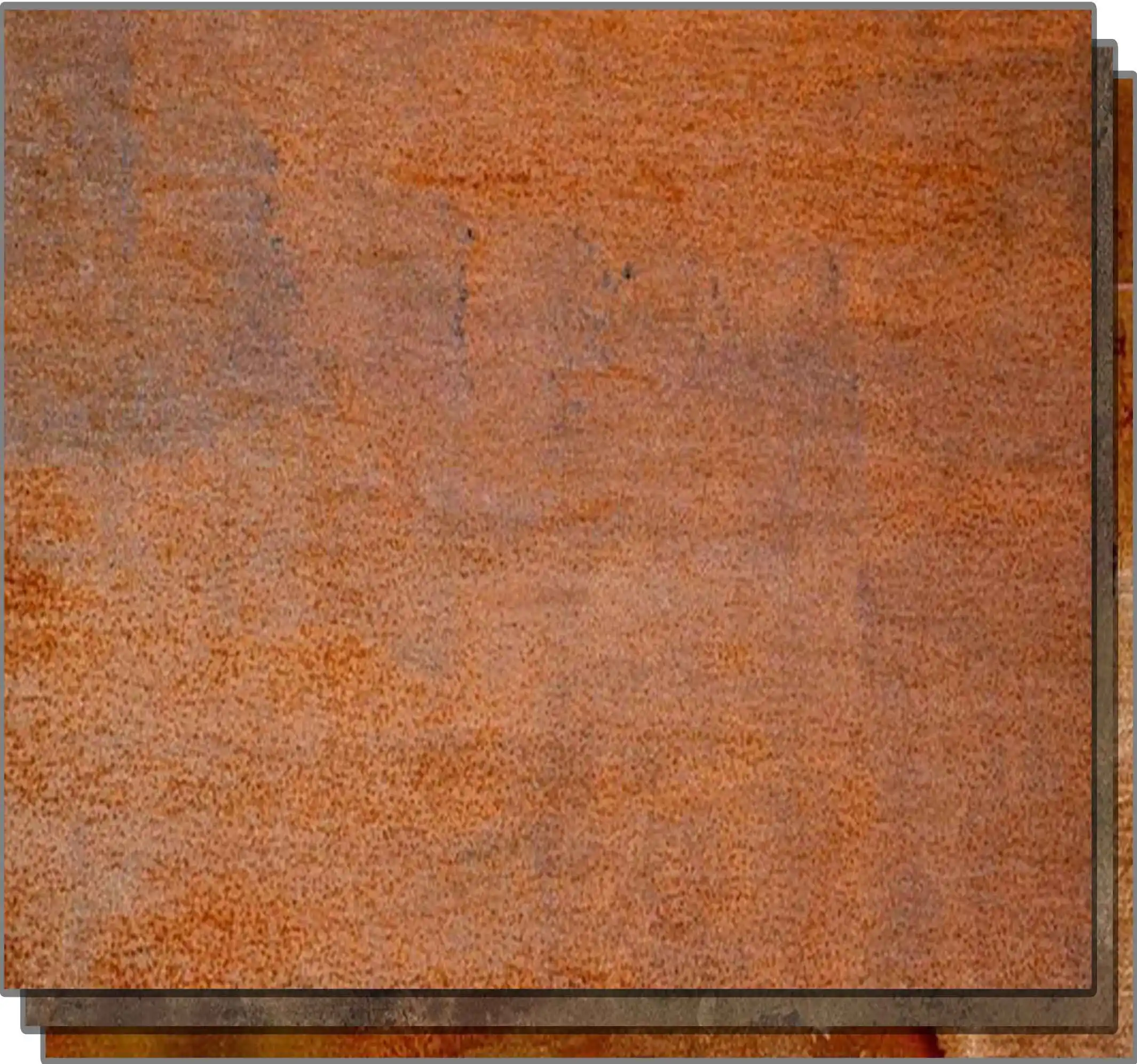
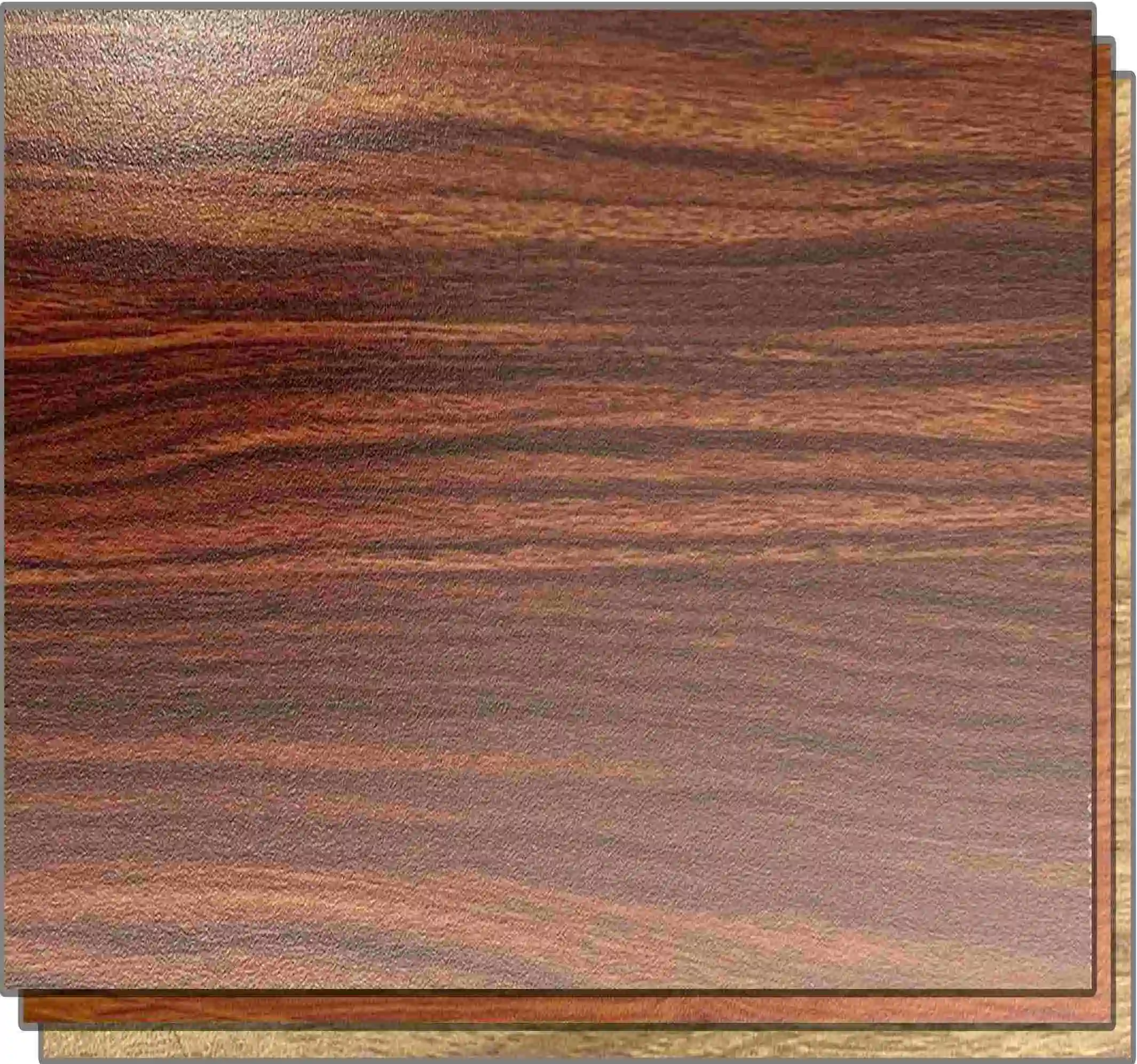
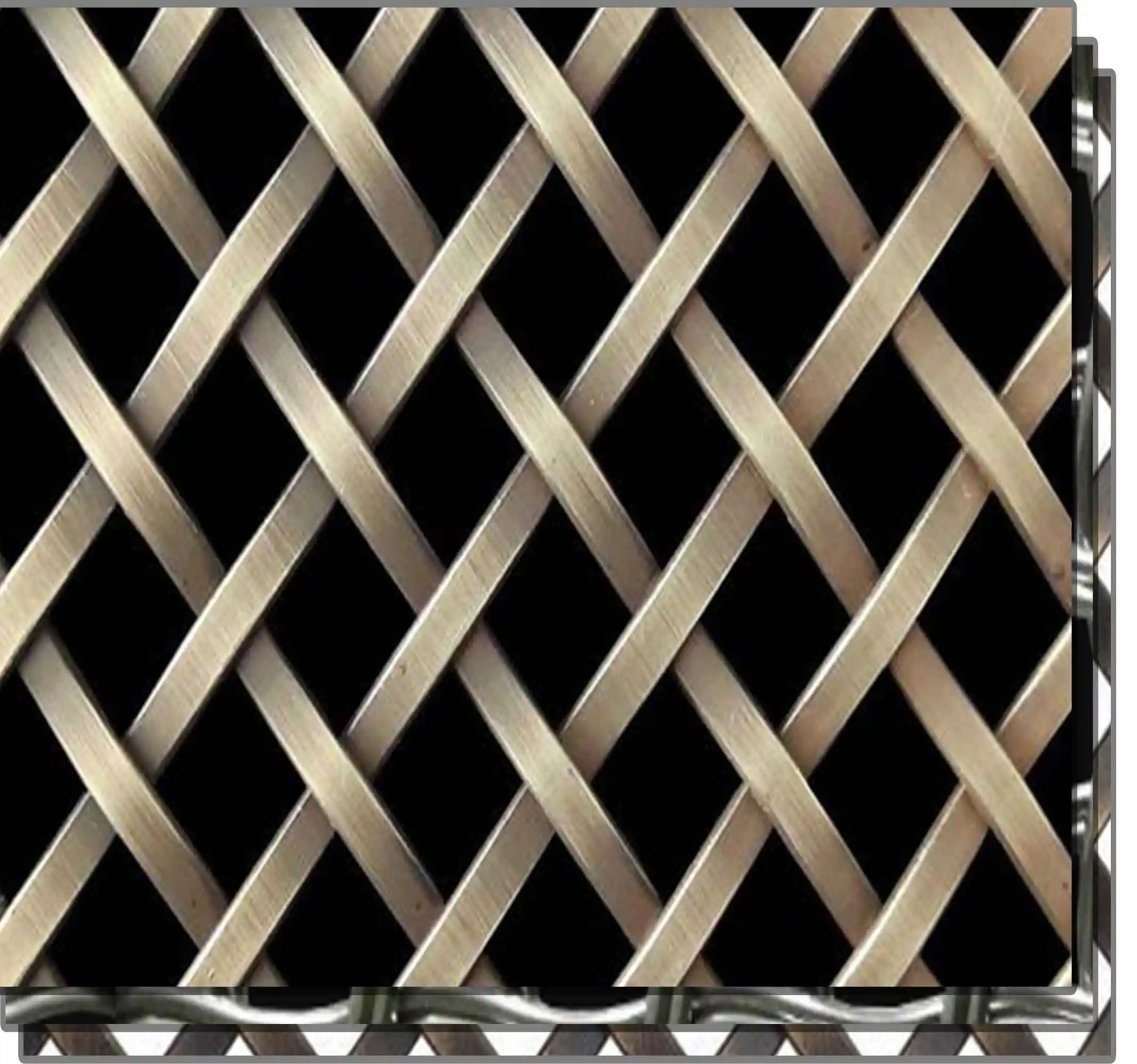
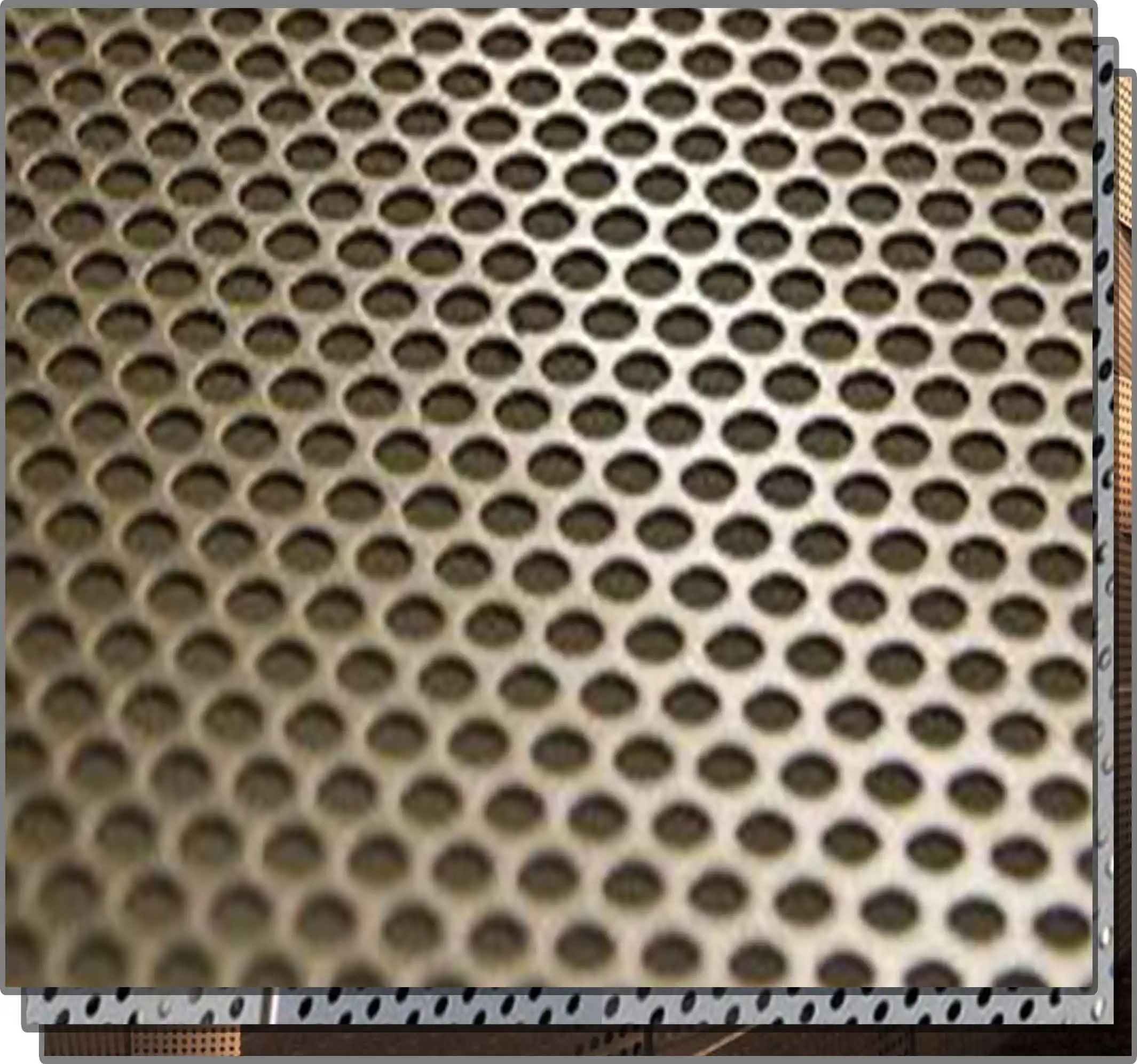
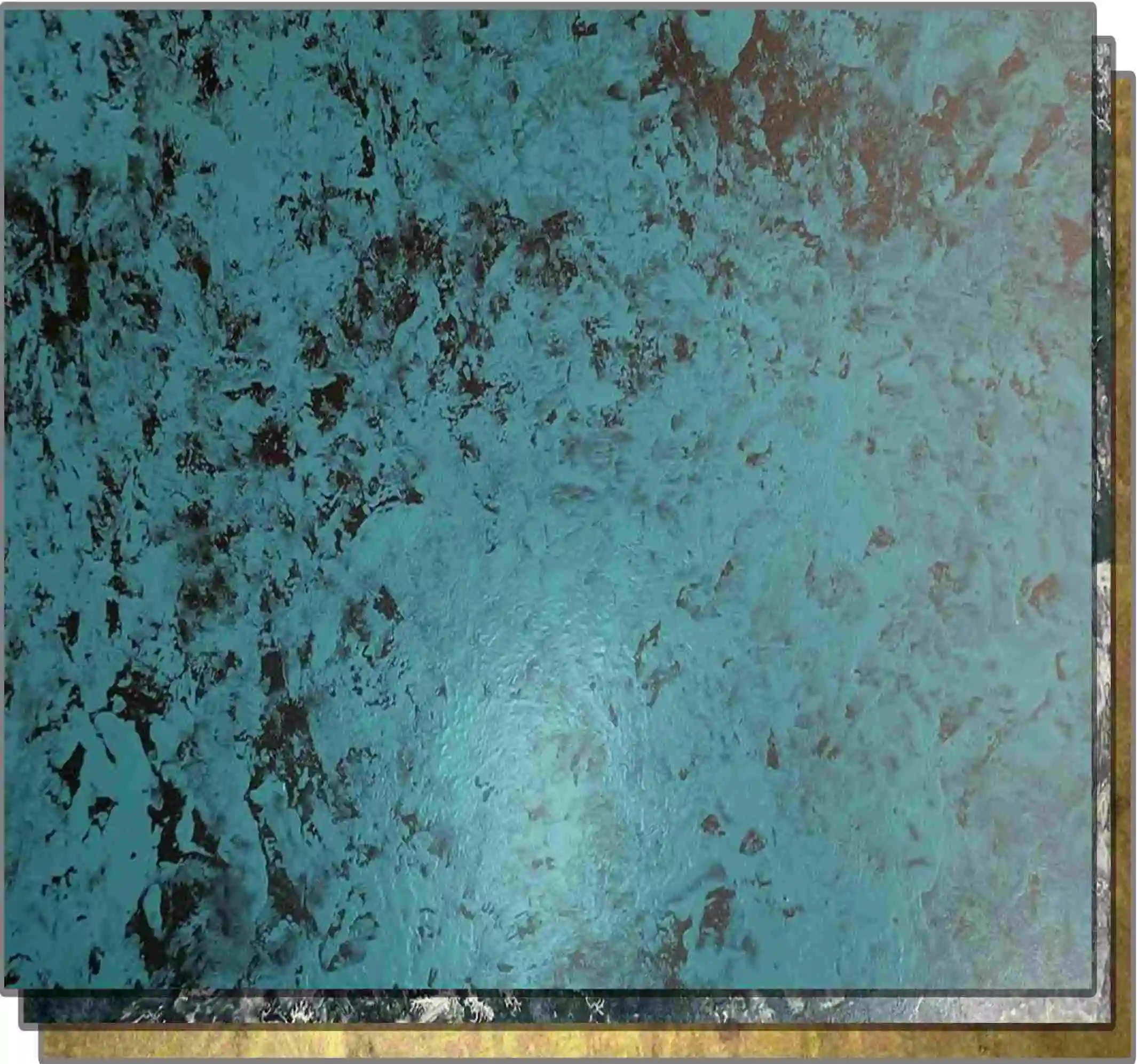
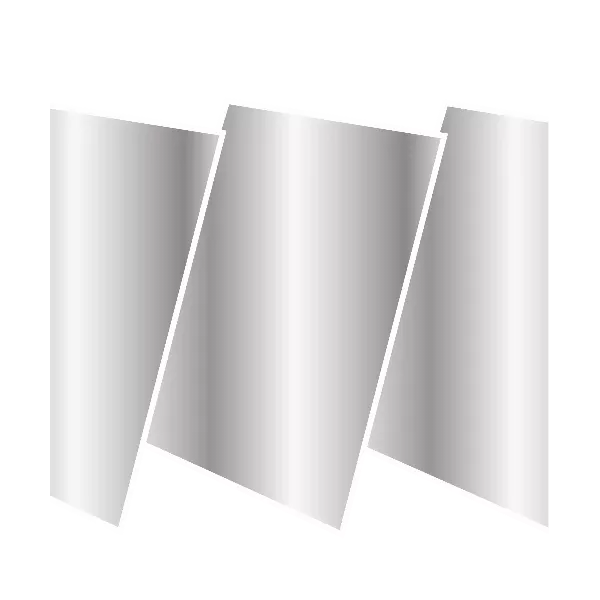


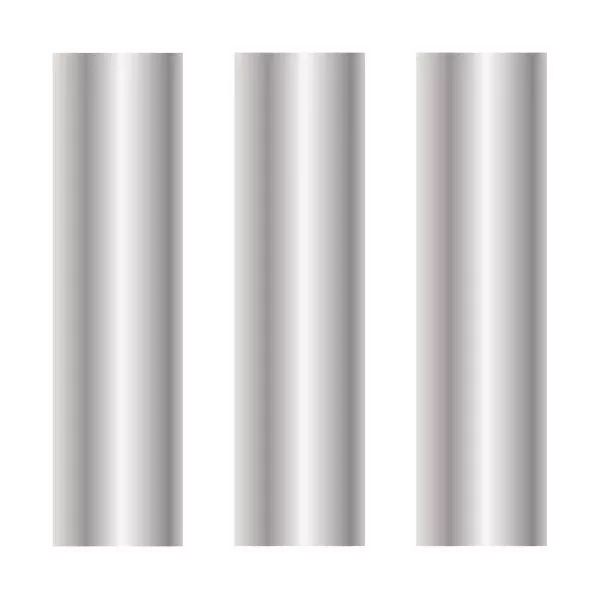


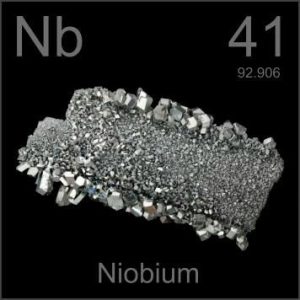
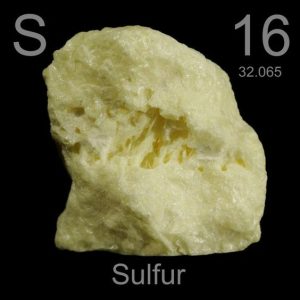
Related News
2025-01-16
2025-01-09
2025-01-02
2024-12-30